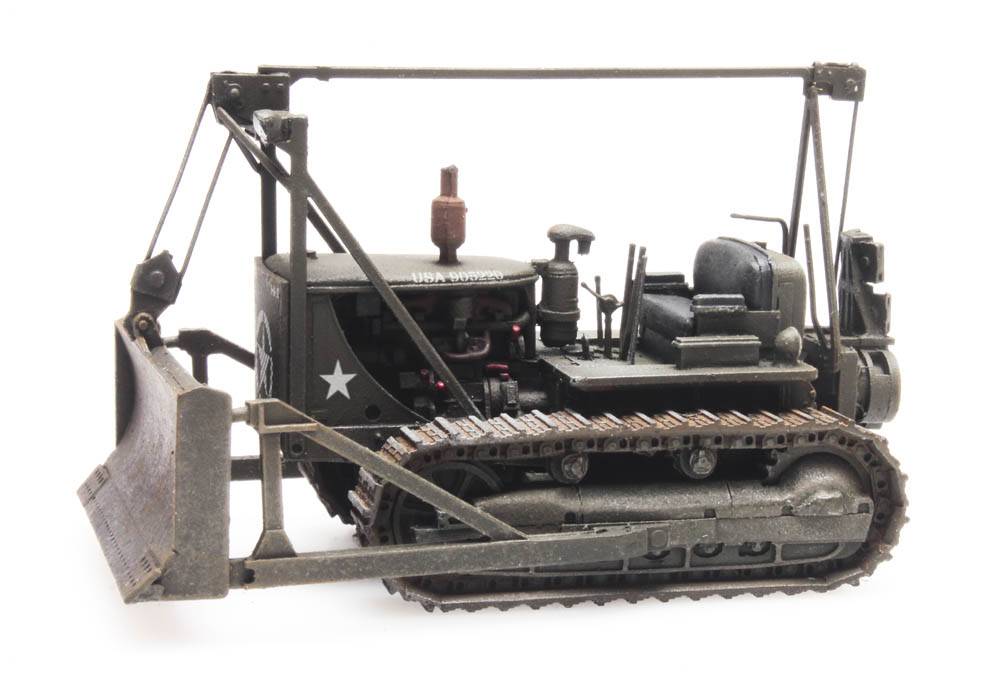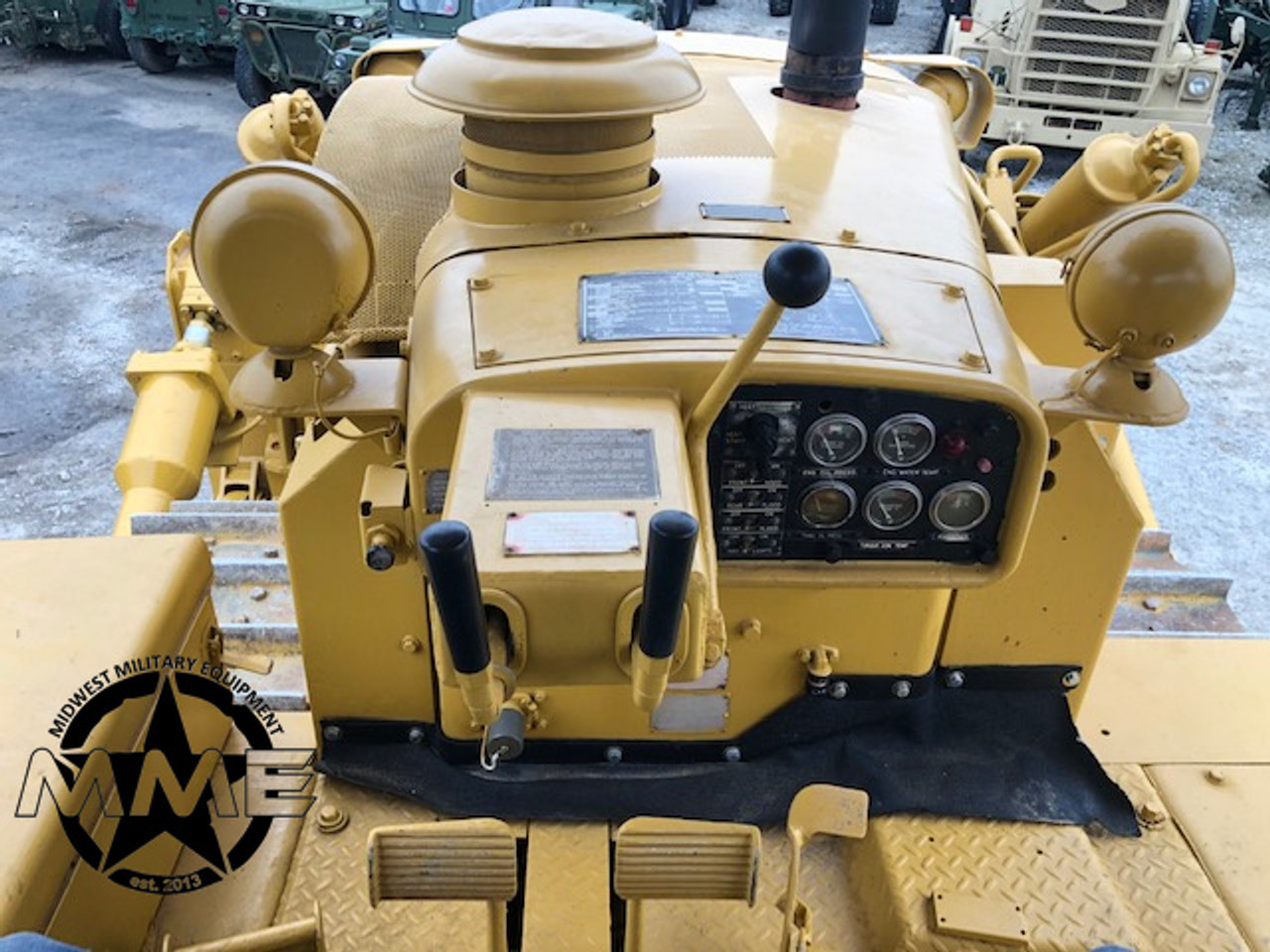
The ACE is lightweight at around 16 tons (16.3 tonnes), allowing it to be highly mobile. The M9 is not your every day 50 ton/tonne, earth-scraping, lumbering brute of a bulldozer. Photo: Wisconsin History General Specifications & Features It is unknown where or when the photo was taken, but the location is likely that of the BMY proving grounds. The prototype Universal Engineering Tractor (UET) demonstrates its digging capabilities. The first vehicles entered service in 1986, with production running into 1991. Due to budget cutbacks, however, only 448 of the vehicles were acquired. In total, 566 vehicles were ordered to be built.
ARMY D7 DOZER SPECS FULL
After some additional improvements to the design, a contract for full production was signed with Bowen-McLaughlin York (BMY, now owned by BAE Systems). Pacific Car and Foundry were given a contract to build no less than 15 prototypes, based on the cumulative design of the three co-developers. and Caterpillar Inc., was responsible for the initial development of the vehicle. The Engineer Laboratory at Fort Belvoir, Virginia, with added assistance from the International Harvester Co. What would go on to become the M9 appeared in 1977. One of the features of the UET was that it could also carry troops in the empty ballast bowl via fold-out seats. This nomenclature was later changed to Universal Engineering Tractor, or ‘UET’. Initially, this led to the development of a vehicle known as the All-Purpose Ballastable Crawler, or ‘ABC’, that was developed in 1958. Photo: DevelopmentĪ search for a battlefield engineering vehicle that was capable of earthmoving tasks had been sought since the mid-1950s.
ARMY D7 DOZER SPECS UPGRADE
To try and salvage the tattered reputation of the vehicle, an extensive upgrade program began in 2014, and, for now at least, these upgrades keep the M9 in service. Hydraulic and mechanical failures have plagued the ACE throughout its service life. The first vehicles entered service 1986, with the vehicle serving in most major operations with the United States Military ever since, most notably in The Gulf War (1990-1991) and The War in Iraq (2003-2011).ĭespite all of their uses and features, the M9s were highly unreliable and, as such, loathed by the troops it was there to support. The M9 features a number of innovative features, such as a hydropneumatic suspension, a ballastable front end, and the ability to be amphibious. These include mobility (clearing a safe passage of blockages), counter-mobility (route-denial, the reverse of mobility tasks), and survivability tasks (constructing defensive positions). In combat operations, the M9 ACE can perform a number of tasks in support of friendly units. It is a valuable support vehicle to armored, mechanized and infantry units. The vehicle is intended as a highly mobile, protected earth moving vehicle for combat engineers. Other blade types include landfill U-Blades, woodchip U-blades, and two-way blades for work inside the holds of ships.To put it simply, the Armoured Combat Earthmover M9, often just known as ACE, is a battlefield bulldozer. "S-U" combination: A shorter blade with less curvature and smaller side wings.Universal ("U-Blade"): A tall and very curved blade with large side wings to carry more material.Angle: held by a U shape frame that has three holes on each side, to set the blade to 3 positions: right, center, and left.Straight ("S-Blade"): A short blade with no lateral curve and no side wings.Several types of bulldozer blade can be used on the front of the tractor:

ARMY D7 DOZER SPECS SERIES

About 80,000 lb (36,000 kg) depending upon year, model and accessories.


 0 kommentar(er)
0 kommentar(er)
